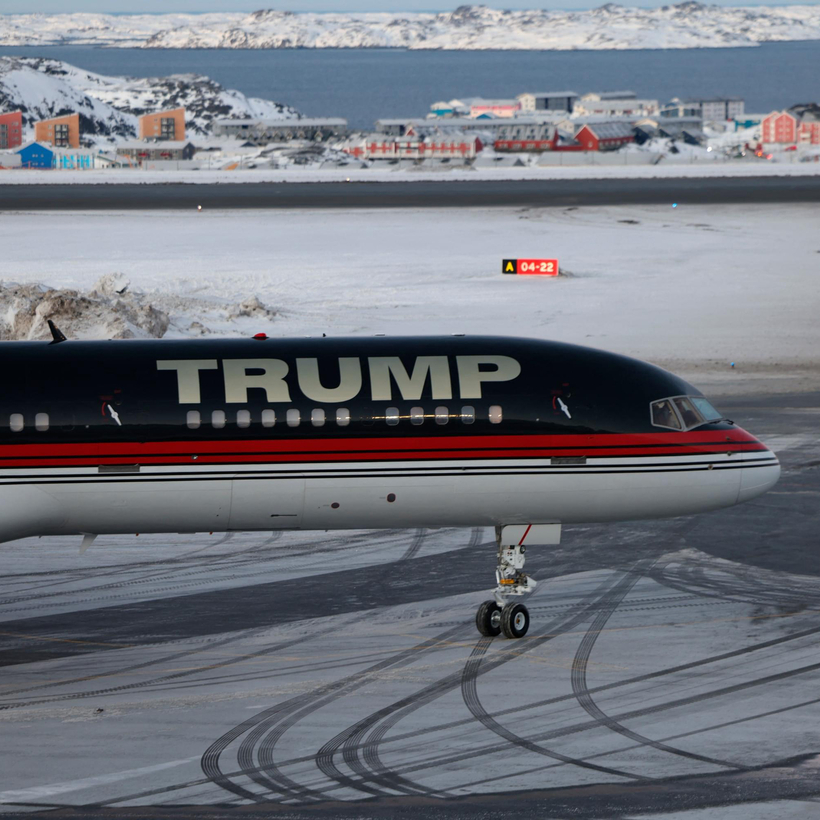Were Denmark to sell Greenland it would have to give Britain first refusal under the terms of an agreement made more than a century ago, the last Danish minister for the Arctic island has said.
Donald Trump’s stated ambition to acquire Greenland has sparked an increasingly bitter war of words. Tom Høyem, 83, Copenhagen’s representative on the island from 1982 to 1987 and an expert on its tangled history, said on Saturday that an undertaking from 1917, when America first made a tentative attempt to acquire the island, was still valid.

